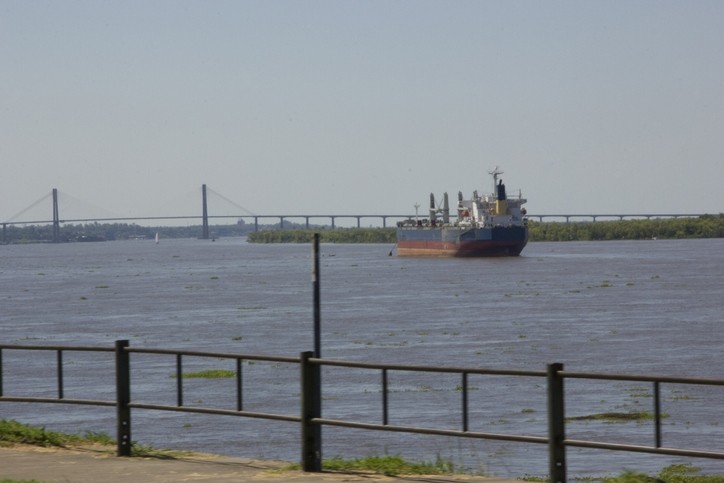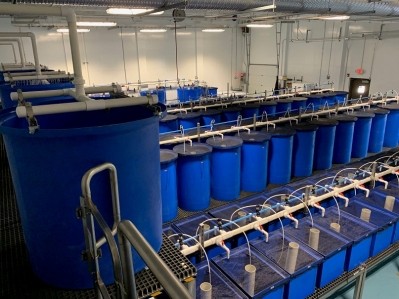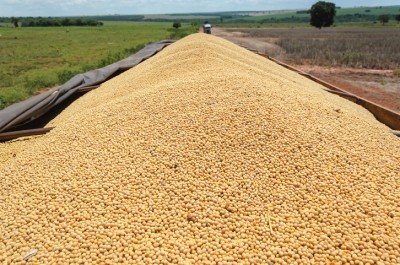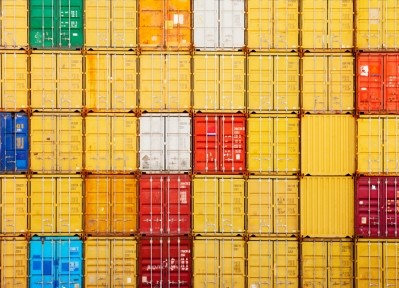Freight costs, drought hurting feed raw material shipping

Tony Markey of ADM Arkady notes a scarcity of soy hulls. Ireland, he said, has a huge reliance on soy hulls from South America. Rich in digestible fiber, the ingredient is said to maintain rumen conditions and to work as a substitute for sugar beet feeds.
The water levels of the Paraná river, a critical waterway for the transport of corn and soy products and the second-longest in South America after the Amazon, are at their lowest since 1944, meaning the transport of goods is hindered: ships are not able to load up fully in case they run aground.
Speaking to the Irish Farmers Journal, Markey said a 40,000 ton vessel would usually transport 25,000 tons of soybean meal (SBM) and 15,000 tons of soy hulls but now it is leaving with 10,000 tons less stock on board, and little in the way of soy hulls in its cargo.
The state of the key South American waterway is forcing exporters to consider using land routes, and forecasters say the drought could last until 2022.
Indeed, soybean exports from the key inland port of Rosario were reduced by over two-thirds from January through to May 2021 compared the levels from a year earlier due to the low water level in the river, noted S&P Global in July, citing data from Argentina’s ministry of agriculture.
Citrus pulp, sunflower pellets
There are also constraints on the supply of citrus pulp to Europe, said the ADM Arkady representative. The company’s typical sources for that particular raw material are Brazil and Florida, with citrus plantations in those countries seeing lower output due to multiple factors.
The energy price hike is also discouraging suppliers from drying and pelletizing the feed ingredient. Instead, Markey said the citrus pulp is being held back for domestic use and fed locally in wet form.
Due to the escalating freight rates, he noted that products like rapeseed meal or sunflower pellets, which are typically shipped in smaller quantities, are proving more difficult to source as well.












